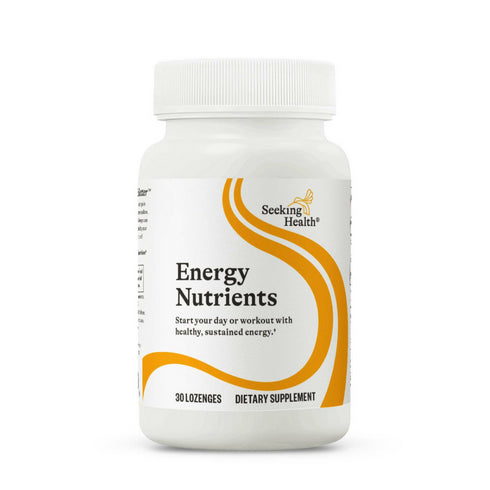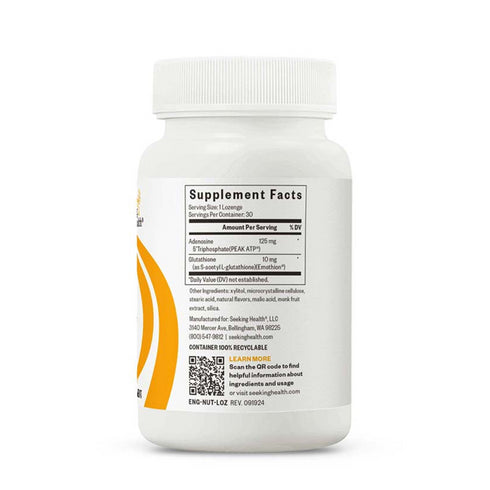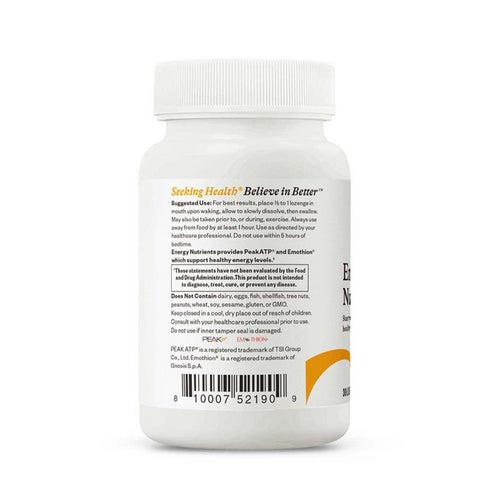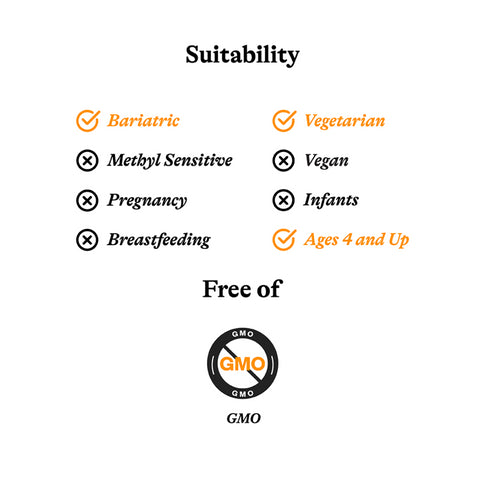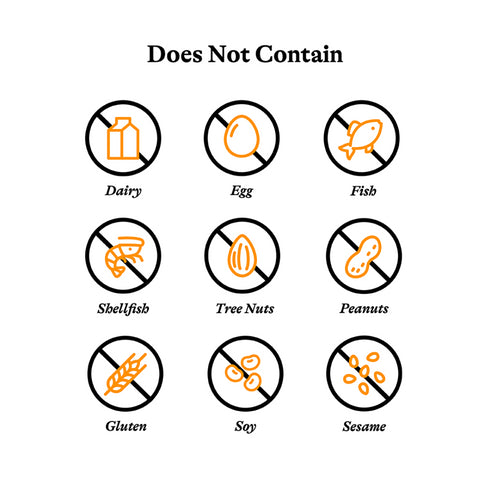1. Bhagavan HN and Chopra, RK. Plasma coenzyme Q10 response to oral ingestion of coenzyme Q10 formulations. Mitochondrion. 2007
Jun;7 Suppl:S78-88.
2. Failla ML, et al. Increased bioavailability of ubiquinol compared to that of ubiquinone is due to more efficient micellarization during
digestion and greater GSH-dependent uptake and basolateral secretion by Caco-2 cells. J Agric Food Chem. 2014 Jul 23;62(29):7174-82.
3. Langsjoen PH and AM. Supplemental ubiquinol in patients with advanced congestive heart failure. Biofactors. 2008;32(1-4):119-28.
4. Evans M, et al. A randomized, double-blind trial on the bioavailability of two CoQ10 formulations. J Func Foods. 2009 Jan; 1(1): 65-73.
5. Mohr D, et al. Dietary supplementation with coenzyme Q10 results in increased levels of ubiquinol-10 within circulating lipoproteins
and increased resistance of human low-density lipoprotein to the initiation of lipid peroxidation. Biochim Biophys Acta. 1992 Jun
26;1126(3):247-54.
6. Fotino AD, et al. Effect of coenzyme Q10 supplementation on heart failure: a meta-analysis. Am J Clin Nutr. 2013 Feb;97(2):268-75.
7. Folkers K, Simonsen R. Two successful double-blind trials with coenzyme Q10 (vitamin Q10) on muscular dystrophies and neurogenic
atrophies. Biochim Biophys Acta. 1995 May 24;1271(1):281-6.
8. Bargossi AM, et al. Exogenous CoQ10 supplementation prevents plasma ubiquinone reduction induced by HMG-CoA reductatse inhibitors. Mol Aspects Med. 1994;15 Suppl:s 187-93.
